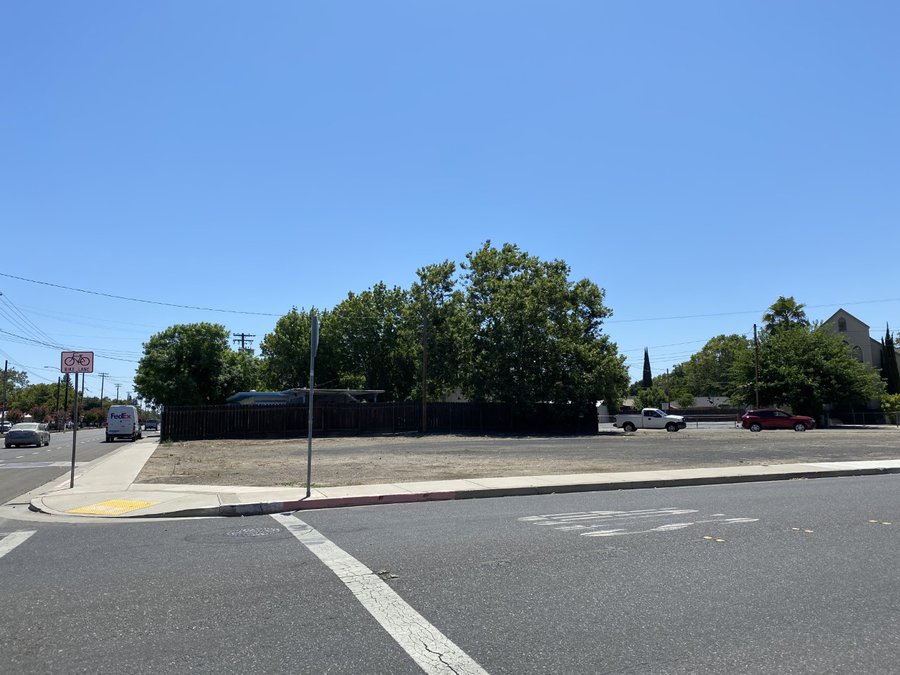A forthcoming housing project in Turlock will utilize state funding to provide community members suffering from mental health challenges with a permanent place to stay.
Thanks to No Place Like Home funding, Stanislaus County received state funds last year to build permanent supportive housing with services for the mentally ill homeless population. Turlock is working to add 14 new NPLH units in town — four of which will be built at 513 N. Palm St. The project was approved by the Planning Commission at the end of May and is expected to be completed by the end of the year.
“It’s permanent supportive housing, which means it’s not a shelter and it’s not transitional housing. It’s for people to live there as long as they want, but it does come with supportive services,” Assistant to the City Manager for Economic Development and Housing Maryn Pitt said. “That can look like someone making sure the people living there get to their appointments or teaching them life skills, depending on what they need.”
The project consists of one, single-story 2,600 square-foot building which will be subdivided into four dwelling units. The City of Turlock has owned the land at 513 N. Palm St. since the late 1990s, Pitt said, and the state funding finally enabled the land to be used.
The location is perfect for permanent supportive housing, Pitt added, because it’s close to services like the bus stop and shopping. She emphasized the fact that those who will be living in the new housing aren’t just limited to those who have experienced homelessness.
“This is permanent supportive housing, so it’s for someone who has for whatever reason ended up in the mental health care system. It could be veterans with PTSD or a whole variety of different people who need support to be able to live independently and be a functioning adult,” Pitt said. “This is a place for them to live there as long as they want, like any other apartment.”
The project is one of several to address the city’s affordable housing shortage in recent years.
The City partnered with the United Samaritans Foundation last year to offer a rehabilitated, eight-unit complex across from City Hall on A Street as a form of transitional housing. Across town on Park Street, the City has purchased a family home with an attached triplex as another form of NPLH units.
Pitt said those who move into NPLH units should be celebrated.
“It’s an opportunity for people who haven’t succumbed to substance abuse and have fought their way to get to permanent supportive housing,” she said. “Some may have been homeless at some time, but these aren’t the people you see living in tents making less than healthy choices. These are people who have pulled themselves up by their bootstraps to live independently.”





